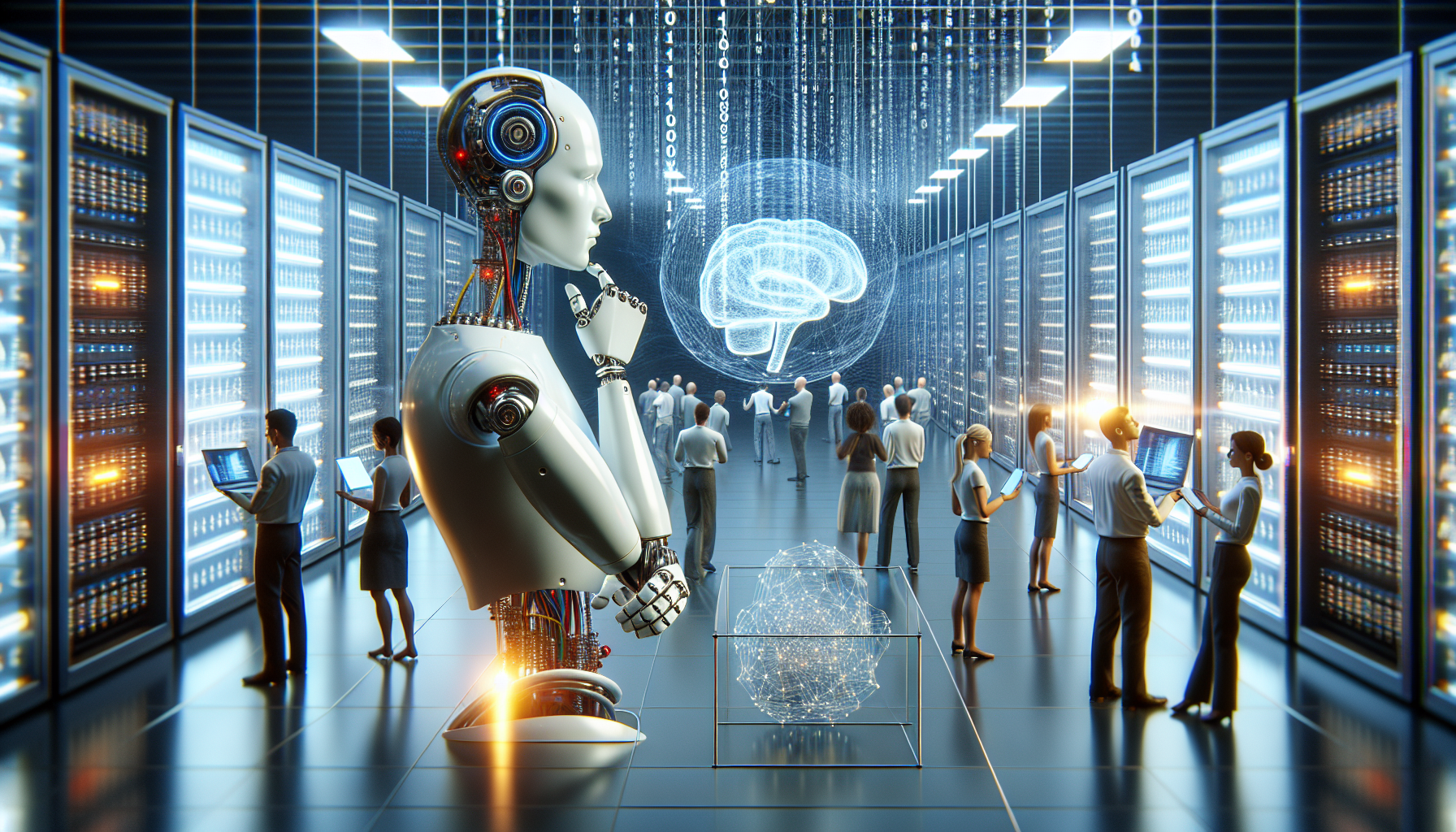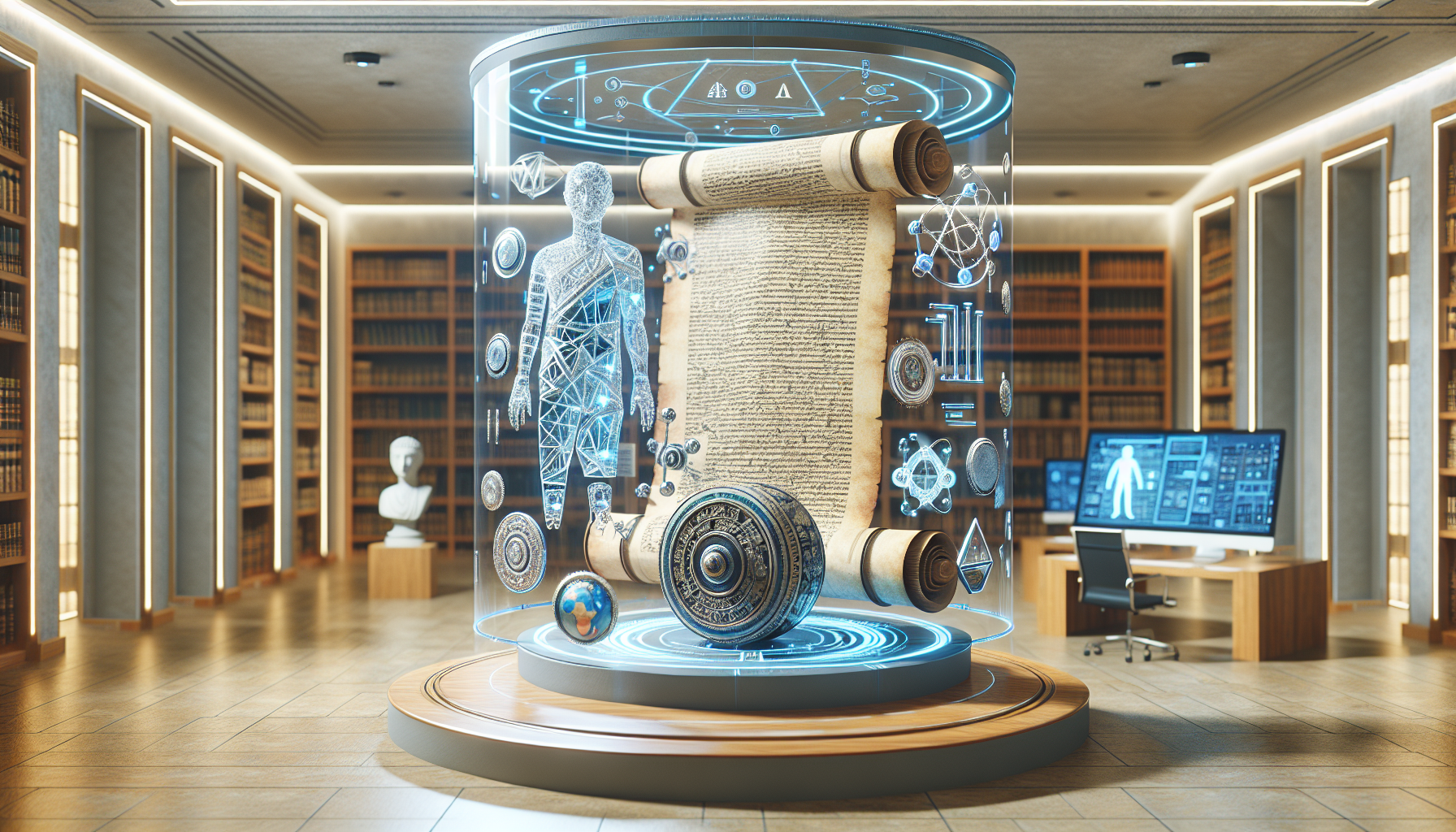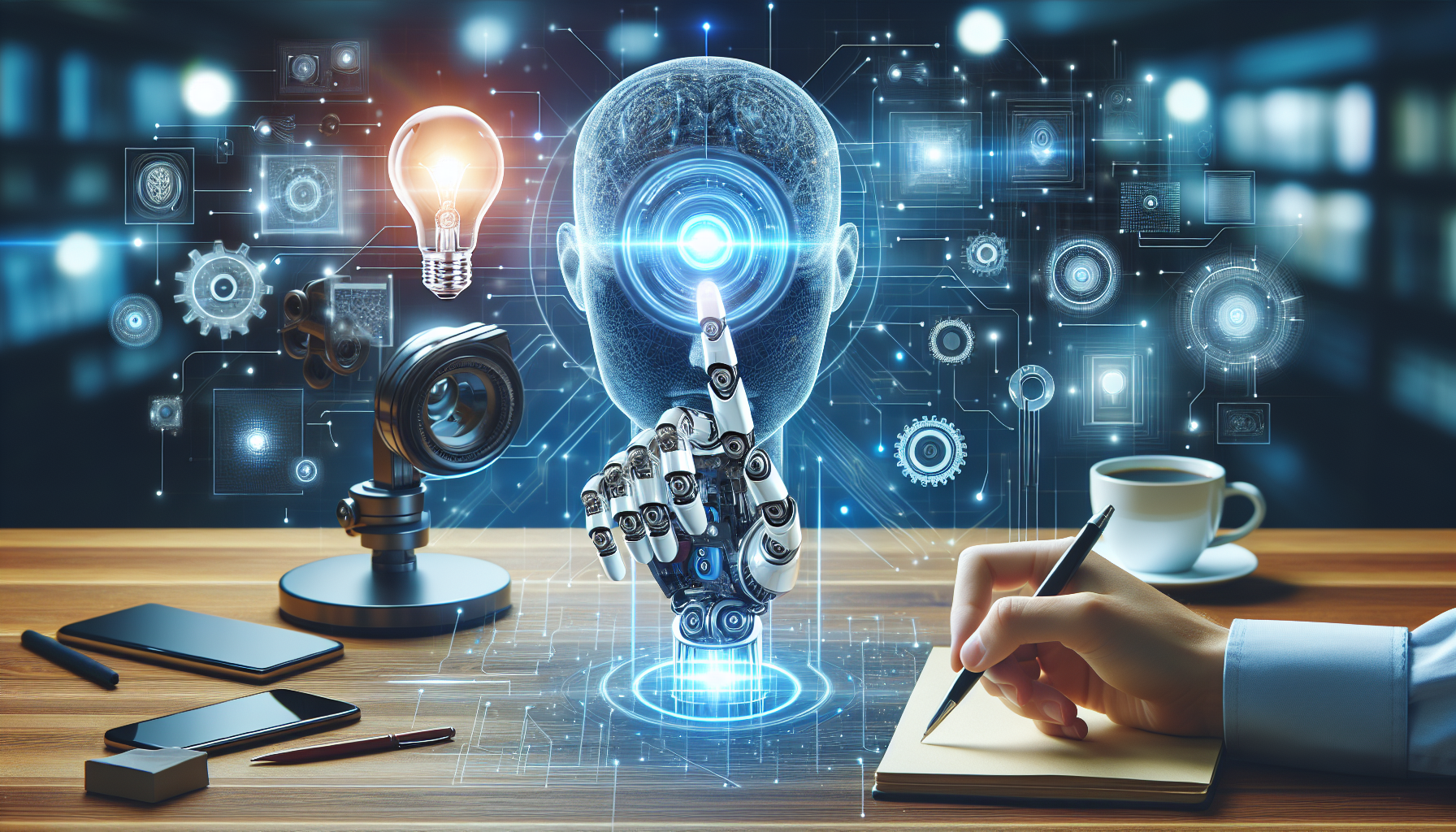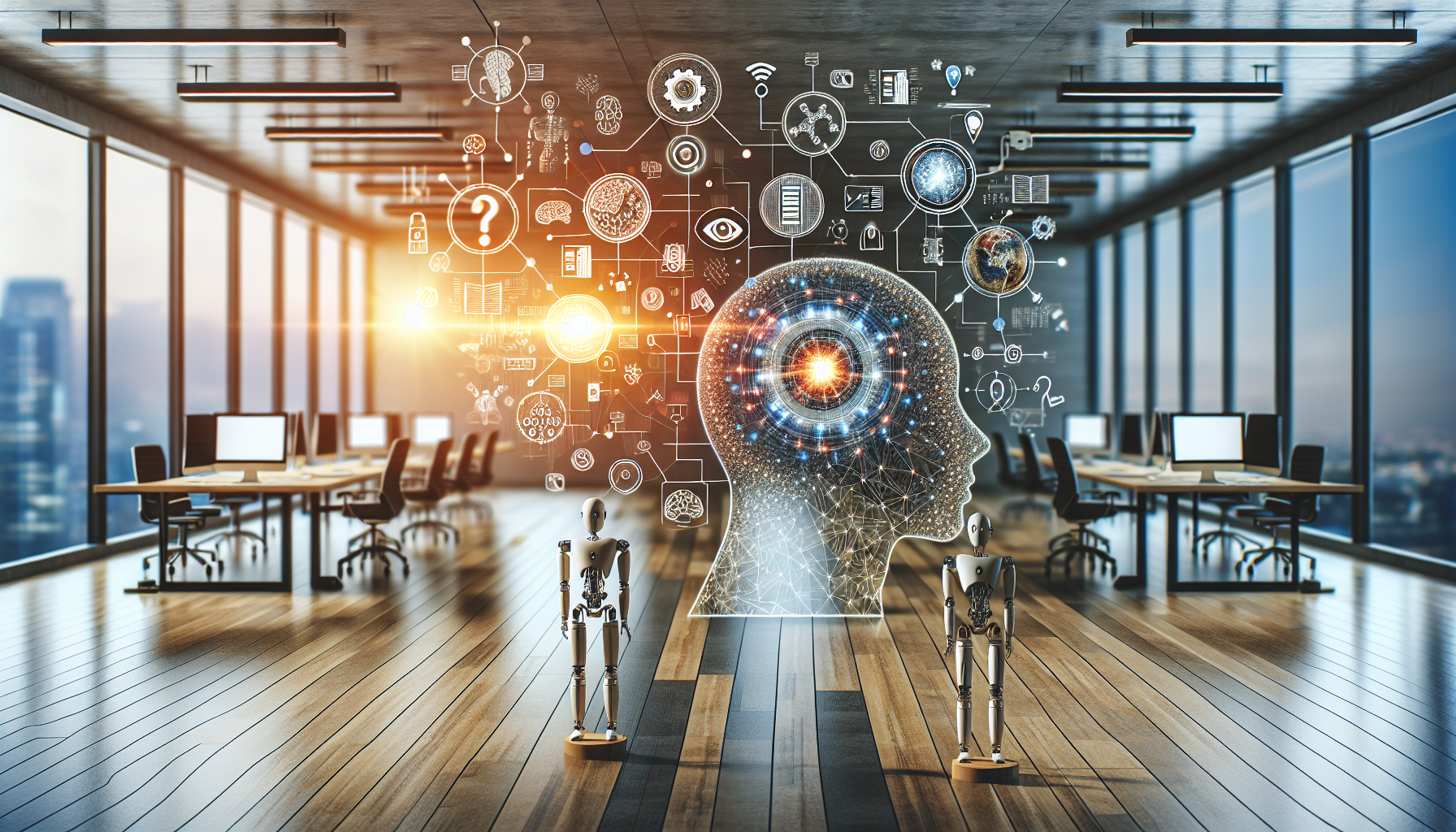
The Future of AI in Space Exploration: A Leap Towards the Stars
October 22, 2025
Imagine a world where artificial intelligence acts as our cosmic guide, navigating the intricate web of space with precision and insight. Sounds like science fiction? Not anymore. AI's role in space exploration is not just a possibility; it's becoming an exciting reality. As we stand on the cusp of this new era, let's explore how AI could revolutionize our endeavors beyond Earth.
First, let’s address the elephant in the room: Why is AI important in space exploration? The answer is as vast as space itself. Space is an incredibly hostile environment. The distances are unfathomable, the conditions extreme, and the unpredictability a constant challenge. Traditional methods and human intervention alone often fall short in dealing with these complexities. Enter AI, with its ability to process massive data sets, learn from patterns, and make autonomous decisions far quicker than any human could.
One of the most intriguing applications of AI in space is its potential to transform how we conduct missions. Picture this: a spacecraft equipped with AI systems capable of making real-time decisions. This would dramatically reduce the time lag that currently hampers communication between Earth and distant probes. Instead of waiting for instructions from mission control, an AI-driven spacecraft could evaluate situations and adapt its course or actions almost instantaneously, increasing the likelihood of mission success.
Moreover, AI’s role in enhancing data analysis cannot be overstated. The cosmos is filled with data, from the light of distant stars to the mysterious dark matter. Sifting through this information is like searching for a needle in an intergalactic haystack. AI can help astronomers and scientists filter through this data more efficiently, identifying patterns and anomalies that might otherwise go unnoticed. This could lead to groundbreaking discoveries about the universe and our place within it.
Now, let’s talk about the human aspect. As much as we dream of humans setting foot on Mars or beyond, the reality of long-duration space travel presents significant challenges. AI could be our trusty companion on such journeys, maintaining spacecraft systems, monitoring the health of astronauts, and even providing psychological support. Imagine an AI system that not only helps keep life-support systems in check but also engages in meaningful conversations, alleviating the isolation of space travel.
Furthermore, AI in robotic exploration is another thrilling frontier. Robotic rovers and landers, equipped with AI, could explore the surfaces of distant planets, moons, and asteroids with unprecedented autonomy. They could identify scientifically interesting targets, conduct experiments, and even build infrastructure for future human missions. The dream of a self-sustaining lunar base or a Martian colony seems more attainable when AI is part of the equation.
Let's not overlook the economic implications. By making space missions more efficient and reducing the need for constant human oversight, AI could lower costs significantly. This democratization of space exploration could open the door for more countries and private companies to venture into space, fostering innovation and collaboration on a global scale. The more minds we have working on these challenges, the more robust our solutions will be.
However, as with any powerful tool, AI in space comes with its own set of challenges. The ethical considerations of allowing machines to make autonomous decisions in critical situations must be thoroughly examined. We need robust fail-safes and clear guidelines to ensure that AI acts in humanity's best interest. Moreover, the potential for AI systems to malfunction in the harsh conditions of space is a risk that must be mitigated through rigorous testing and development.
As we gaze at the stars and dream of what lies beyond, it’s clear that AI will be our indispensable partner on this journey. It offers the promise of transforming space exploration from a human-centric endeavor to a collaborative dance between humans and machines. By harnessing the power of AI, we might uncover secrets of the universe that have eluded us for centuries, and maybe even find a new home among the stars.
So, what’s next? As we continue to integrate AI into space exploration, we must consider the broader implications of these advancements. Will AI help us find extraterrestrial life, or perhaps a new planet to call home? Could it unlock the mysteries of dark energy? The possibilities are as endless as space itself. As we push the boundaries of what’s possible, let’s ensure that our journey is guided by curiosity, responsibility, and a sense of wonder. What do you think awaits us in the cosmos?


